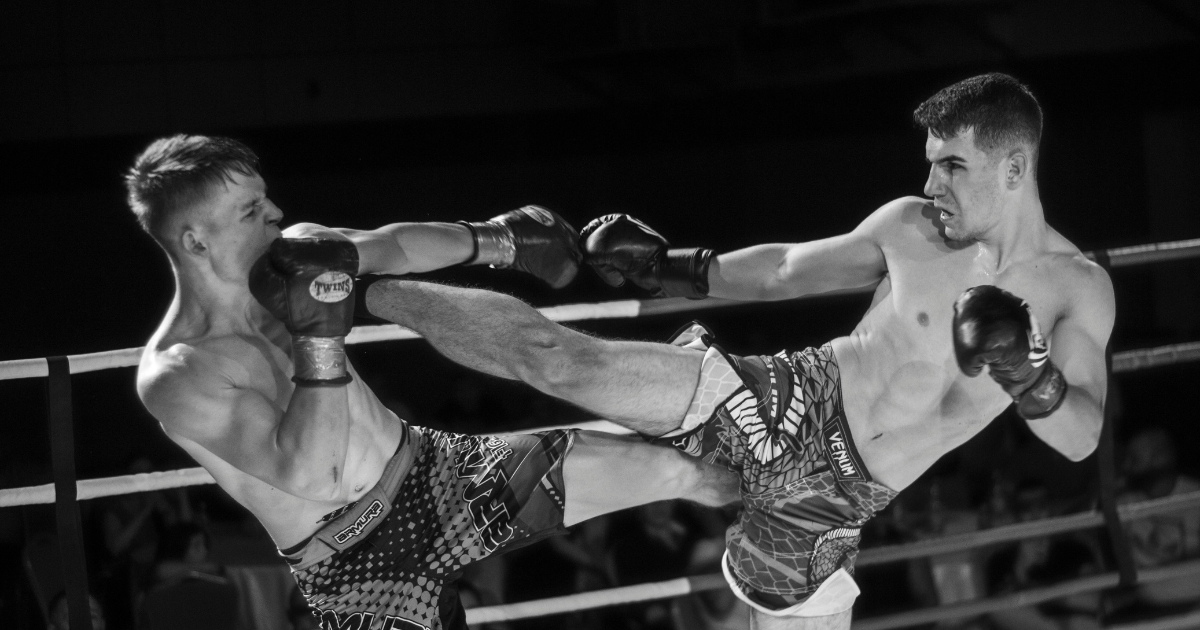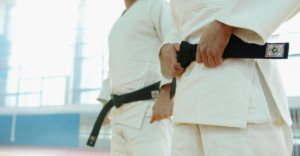Nutrition forms the cornerstone of peak athletic performance and successful martial arts training. Athletes and fighters subject their bodies to strenuous activity, requiring elevated energy, robust muscle recovery, and sharpened mental focus—outcomes only possible with optimal dietary strategies. Whether in a match or on the mat, proper nutrition directly influences agility, stamina, strength, weight management, and resilience to injuries, making it as important as rigorous practice itself.
Fueling the Body: Energy for Physical Activity
Intense sports and martial arts movements—punches, kicks, grapples—depend on stored energy, primarily sourced from the food consumed. Carbohydrates act as the primary fuel, replenishing glycogen stores in muscles to support explosive power. Regular intake of complex carbs such as brown rice, oats, multigrain roti, and whole wheat bread ensures that the athlete does not experience premature fatigue or muscle breakdown during training.
Muscle Recovery and Growth
Muscle fibers incur micro-damage with every session, necessitating nutritional support for repair and growth. Protein is critical here, facilitating tissue recovery, reducing soreness, and strengthening physical resilience after strenuous activities. Protein-rich Indian foods, including paneer, lentils (dal), eggs, chicken, tofu, and curd, should be consistently included in meals. Consuming 1–2 grams of protein per kilogram of body weight is recommended for robust recovery.
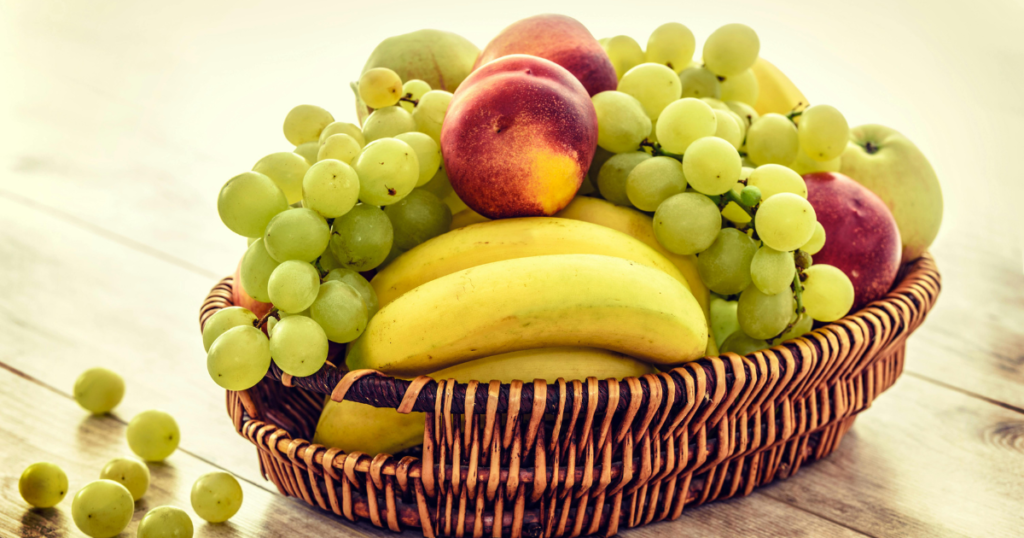
Importance of Healthy Fats
While fats are sometimes misunderstood, they are essential for sustained energy, hormone production, and joint health. Ghee (in moderation), nuts like almonds and walnuts, seeds, and olive oil are recommended sources. These support long-duration activities and help maintain satiety and brain function for athletes.
Hydration: Key to Performance
Dehydration dramatically decreases both physical and mental performance. Martial artists should aim for regular fluid intake, preferably water, coconut water, or buttermilk, before, during, and after training sessions. Hydration also accelerates recovery and maintains electrolyte balance.
Mental Focus and Clarity
Nutrition impacts not only muscles but also mental wellness; foods like walnuts, salmon (for those who include fish), and antioxidant-rich fruits (berries, oranges) improve mental sharpness and concentration—an advantage in fast-paced sparring and strategic combat.
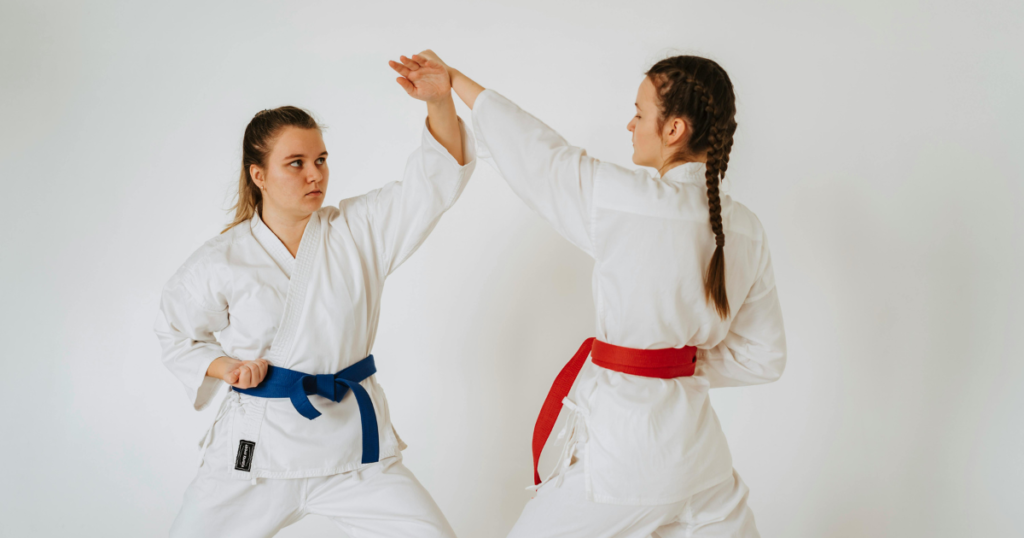
Weight Management & Competition Readiness
Martial arts often involve weight classes and quick shifts in body mass for competition. A balanced diet prevents unhealthy fluctuations, promoting gradual, sustainable weight management. Whole foods, lean proteins, complex carbs, and healthy fats keep athletes in optimal condition for weighing in and performing.
Indian Diet Plan for Athletes & Martial Artists
Adapting the Indian cuisine’s diversity to meet athletic demands requires strategic meal planning. Below is a sample daily plan suitable for vegetarians and non-vegetarians, focusing on nutrient timing and variety.
Pre-Workout Nutrition
About 1–2 hours before training:
- Complex carbs: Oats, whole wheat bread, brown rice
- Light protein: Eggs, paneer, Greek yogurt
- Fruit for quick energy: Bananas, apples
Example: Bowl of oats with milk and nuts; boiled eggs; banana.
Post-Workout Recovery
Within 30–60 minutes after training:
- High-protein recovery: Grilled chicken, paneer, legumes (dal), tofu
- Carbs: Brown rice, roti, sweet potato
- Veggies: Spinach, mixed vegetable stir-fry
- Hydration: Buttermilk, coconut water
Example: Brown rice with grilled chicken/paneer, vegetable sabzi, and cucumber raita.
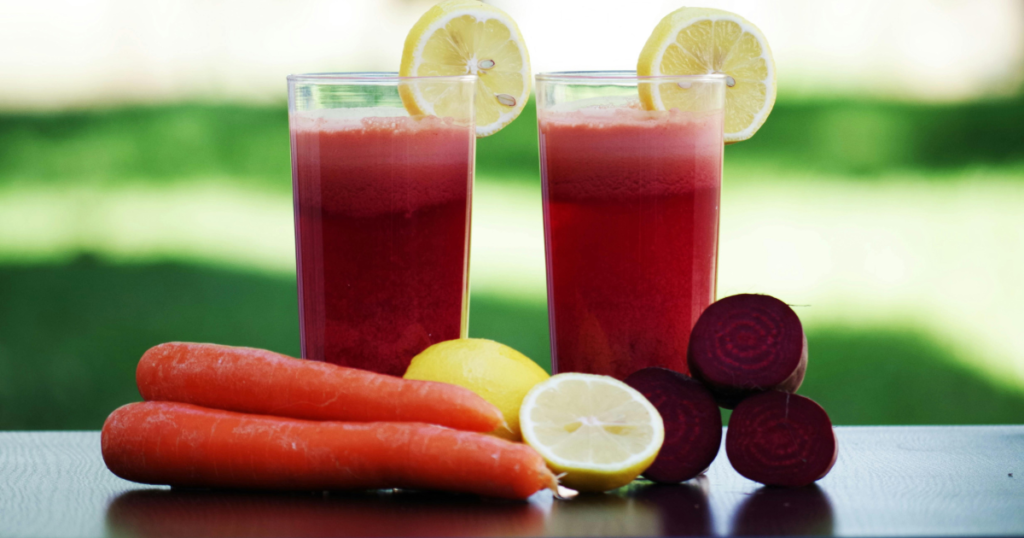
Full-Day Sample Indian Diet Chart
| Meal Time | Vegetarian Option | Non-Vegetarian Option | Hydration |
|---|---|---|---|
| 6:30–7 AM | Warm water with lemon & soaked almonds/walnuts | Warm water with lemon & soaked almonds/walnuts | Water |
| 8–9 AM (Breakfast) | Oats with milk & chia seeds, banana | 1 whole egg + 3 boiled egg whites, banana, oats | Whey protein shake |
| 11 AM (Snack) | Seasonal fruit (papaya/orange/apple), green tea | Seasonal fruit, buttermilk | Green tea/buttermilk |
| 1 PM (Lunch) | 2 multigrain rotis, dal/rajma, salad, curd | Brown rice, grilled/curry chicken, salad | Water |
| 4-5 PM (Snack) | Roasted sprouts/chana, green tea | Roasted sprouts or chana | Green tea/coffee |
| 7:30–8:30 PM (Dinner) | Stir-fried tofu/paneer, sautéed veg, roti | Grilled chicken/fish, sautéed veg, soup | Water |
| 9:30 PM (Optional) | Skim milk/casein shake, soaked almonds | Skim milk/casein shake | Milk |
Week-Long Indian Athlete Diet Rotation
Here is a 7-day Indian diet chart tailored for athlete recovery and energy:
- Day 1: Oats, almonds, walnuts, grilled chicken/paneer, brown rice, yogurt, whole-grain toast, chapati, dal, spinach, cucumber raita.
- Day 2: Vegetable upma, mixed veg sabzi, boiled eggs, banana, stir-fried tofu, multigrain bread, curd.
- Day 3: Poha with veggies, moong salad, grilled fish/chicken, stir-fried bhindi, buttermilk, paneer, sweet potato.
- Day 4: Idli with sambar, fruit salad, rajma rice, chana, chapati, dal, spinach soup.
- Day 5: Millet porridge, egg bhurji/paneer bhurji, dalia, black chana chaat, mixed veg curry, grilled tandoori chicken.
- Day 6: Dosa, coconut chutney, fruit smoothie, lentil soup, paratha with yogurt, tofu stir-fry.
- Day 7: Brown rice, beans, curd, salad, whole wheat bread, non-veg curry, sautéed greens, mixed nuts boost.
Role of Micronutrients
Athletes should also emphasize micronutrients like iron (found in spinach, jaggery), calcium (milk, curd), vitamin D (fortified foods, natural sun), and antioxidants (berries, green leafy vegetables) to improve healing and immunity.
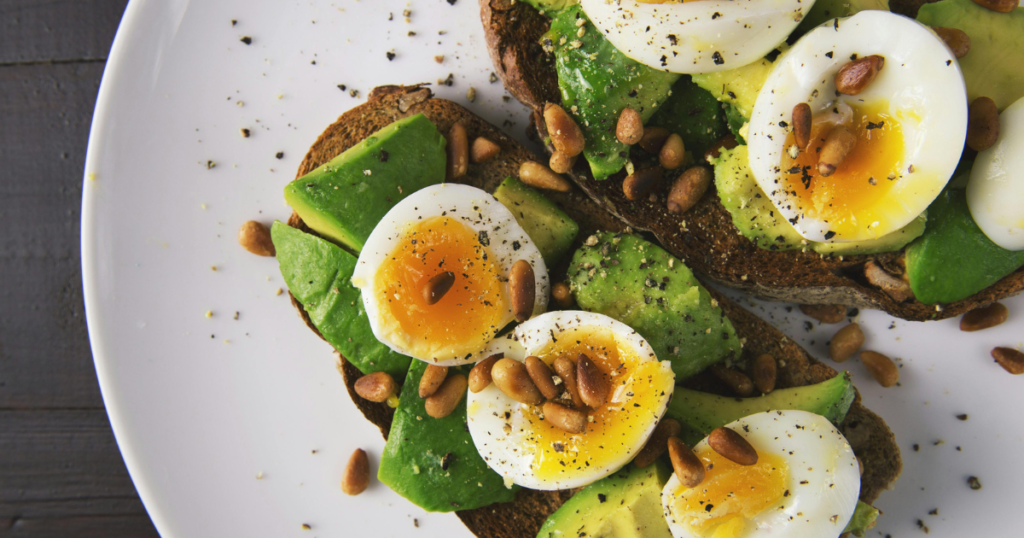
Additional Nutrition Rules for Martial Artists
Follow these key guidelines:
- Eat every 3–4 hours for sustained energy.
- Include protein foods in every meal/snack (eggs, paneer, pulses).
- Hydrate continuously—carry a water bottle.
- Avoid processed, sugary foods.
- Ensure fresh fruits and vegetables daily for antioxidants and vitamins.
- Adjust portion sizes based on training intensity and competition schedules.
Dietary Supplements (When Needed)
Natural foods should form the bulk of nutrition, but sometimes supplements like whey protein, BCAAs, vitamin D, or sports drinks may benefit busy athletes, subject to expert guidance.
Common Nutrition Mistakes to Avoid
- Skipping meals, especially breakfast.
- Over-relying on processed snacks.
- Dehydration before/after training.
- Crash dieting or severe restrictions before weigh-ins.
- Neglecting post-workout recovery nutrition.
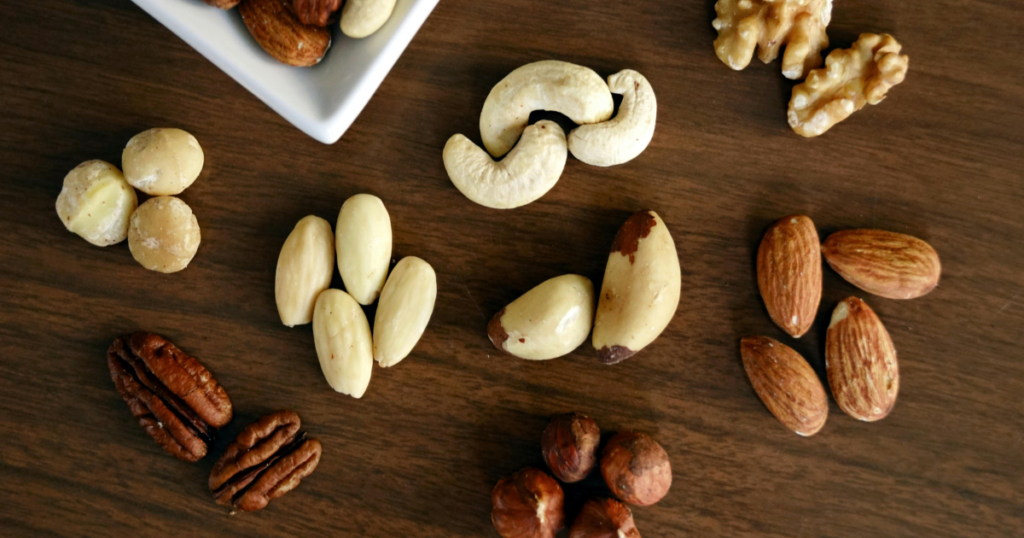
Optimal nutrition intertwines with training for top sports and martial arts success. A balanced Indian diet—rich in whole grains, lean protein, healthy fats, fresh produce, and hydration—not only maximizes physical performance but also supports recovery, mental agility, and lifelong wellness. Adopting these principles will set every martial artist and athlete on a path to enduring strength and mastery.
